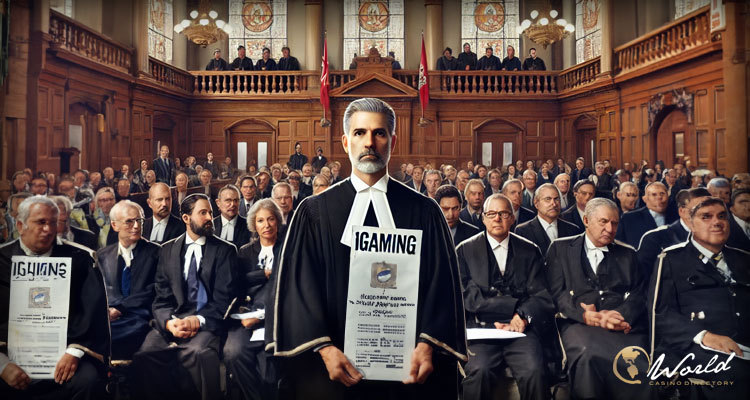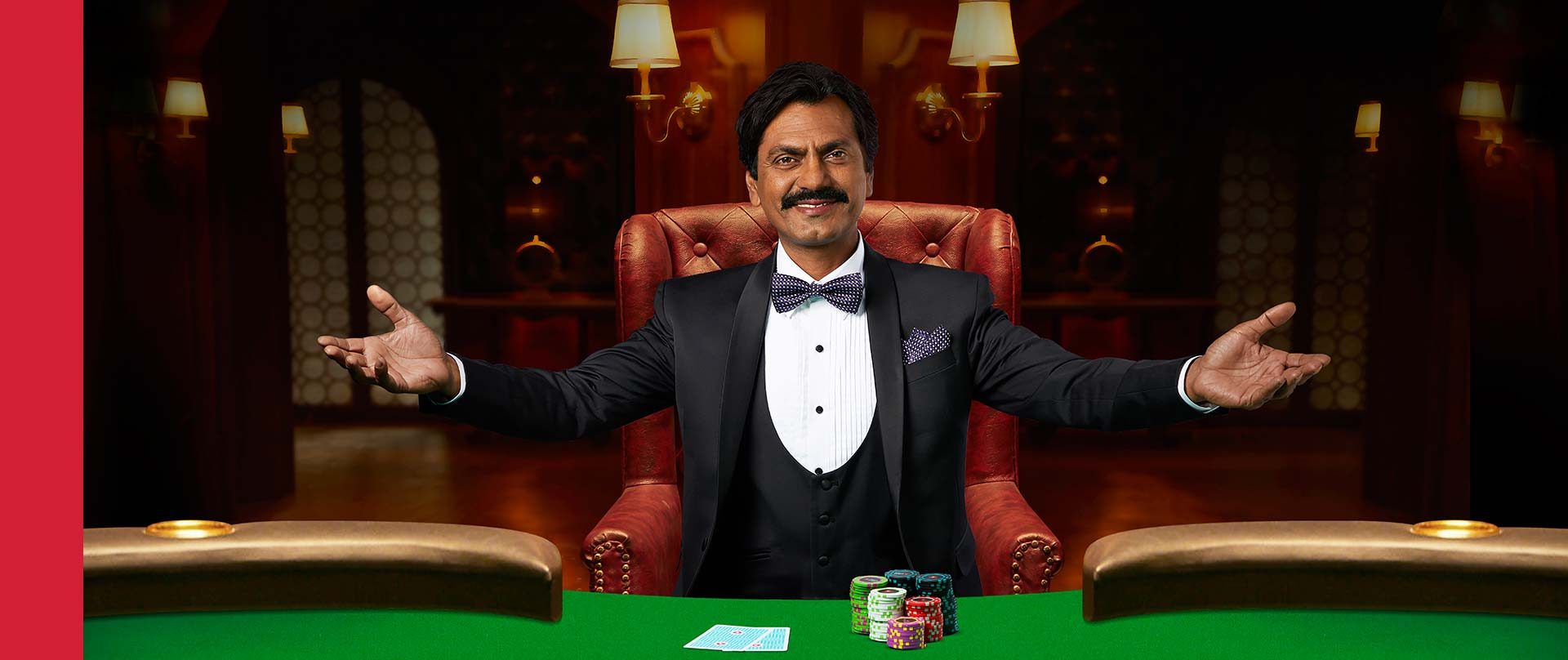
iGaming Ontario, unsurprisingly, welcomed the judgement.
Ontario’s Supreme Court has ruled that iGaming Ontario operates in accordance with the Criminal Code. The regulatory body for the Canadian province of Ontario welcomes the decision regarding how it conducts and manages iGaming. In a press statement, the Executive Director of iGaming Ontario, Martha Otton, stated…
“We have always been confident in our model and are pleased that the court has ruled in our favor, and that Ontarians can continue to play with confidence in our regulated iGaming market.”
She reiterated that…
“Ontario’s model meets the requirements and contributes to the public good by protecting players, their data and their funds, while helping to fund priority public services in Ontario, and bringing well-paid, high-tech jobs and economic development to Ontario.”
What is iGaming Ontario’s role in online gambling?
The court dismissed the application by the Mohawk Council of Kahnawà:ke (MCK) and found that iGaming Ontario is the “operating mind” running Ontario’s competitive, commercial online gambling market in accordance with management and conduct requirements of the Criminal Code. It will continue in its role as manager of iGaming in the province as it has since the regulated market was launched on April 4, 2022, to bring Ontarians some of the online casinos in Canada.
iGaming Ontario, a subsidiary of the Alcohol and Gaming Commission of Ontario, was launched in April 2022 as the operator of the new online gaming market, where licensed third-party operators retain 80 percent of their gross profits. It was the first province in Canada to launch a commercialized market, although others are expected to follow in its footsteps, given its success.
What was the Mohawk Council’s complaint?
The Mohawk Council of Kahnawà:ke (MCK) took iGaming Ontario and the Attorney General of Ontario to court over how the province manages online gaming, arguing that the changes were “illegal and unconstitutional.”
The Quebec-based Mohawk Council of Kahnawà:ke has said it will not appeal the Court’s decision to dismiss its challenge. It had argued that the ‘unilateral changes” by the provincial government were both unconstitutional and illegal. It claimed Ontario had re-interpreted Section 207 (1) of the Criminal Code, which allows provinces to regulate single-event sports betting by letting operators conduct and manage themselves.
When they made the announcement to file charges, Elected Council Chief Ratsenhaienhs Mike Delisle Jr claimed…
“It’s not our first choice. It’s unfortunately come to the point where we feel we have no other choice but to launch this petition, trying to get the Ontario government to understand that this is serious for us.”
The MCK feared significant damage to its community
The MCK, based south of Montreal, had been a player in online gaming for over two decades and had expressed serious concerns before and after the changes to the regulatory system launched. The Kahnawà:ke Gaming Commission (KGC) has been licensing online gaming operators since 1996, and Mohawk Internet Technologies, a wholly owned subsidiary of MCK, had been hosting online gaming since 1999. Then in 2015, MCK created the gaming operator Mohawk Online, which had contributed between $30 and $40 million to the community’s coffers.
MCK claimed that the new system shut Mohawk Online out of the Ontario online gambling market and undermined Kahnawà:ke’s online gambling expertise. It expressed concern that iGaming Ontario would cause significant damage to the community’s economy. In 2022, Delisle had said…
“It’s putting in jeopardy the entirety of the jurisdiction we’ve built over the course of the last 20-plus years.”
Operators’ jumping ship’
Delisle also claimed that some licensed businesses licensed by Kahnawà:ke jumped ship to iGaming Ontario for their licensing, and he was worried that the actions by the province would be a precedent for other provinces to follow suit. As Alberta have recently created a mandate to set up a regulated online gambling market, his fears could well be becoming a reality. However, Quebec has not made any similar moves and says it has no plans to do so.
The MCK had been a vocal opponent of the original legislation that changed the gambling landscape in Ontario. Before the case was heard, Delisle had claimed that discussions had been exhausted and argued…
“Canada and Ontario need to take a position to ensure that Indigenous abilities to exercise jurisdiction are recognized and are allowed to continue to build the economy.”
Will there be an appeal?
After the case was concluded, a spokesperson for MCK, Lisa Laheche, welcomed the fact that the Court had found the Mohawk Council had proper standing to justify challenging the province. She claimed it was a “silver lining” and demonstrated that the MCK had, “sufficient interest and expertise in the operation and regulation of gaming in Ontario.”
The Council has claimed for a long time that the Mohawks of Kahnawà:ke had an “Aboriginal right” to conduct and regulate gambling within and from their community. It had argued that the introduction of the federal legislation that sanctioned single-event sports betting and ultimately led to the creation of Ontario’s commercial, regulated betting market had damaged the Indigenous people of Canada by changing the betting and iGaming landscape. It complained that being forced to pay licensing and registration fees to operate in Ontario violated its former legal jurisdiction over gaming. Due to its opposition to the changes in the Ontario gambling market, Mohawk Online Ltd ceased to operate in the province.
After the ruling, current MCK Chief, Cody Diabo said…
“As far as having to pay a provincial government some type of fee, it’s out of the question really puts us in a difficult situation for us to be operating. It’s unfortunate because the Kahnawake Gaming Commission is renowned globally, but we can’t even operate basically in our own backyard because of provisions in C-218.”
Online casino in India refers to virtual platforms where Indian players can participate in various casino games, such as slots, poker, roulette, blackjack, and card games like Teen Patti and Andar Bahar, through the internet. These online casinos offer a wide variety of gambling experiences, allowing players to place bets, win prizes, and enjoy live or digital versions of traditional casino games from the comfort of their own homes.
Reputable online casinos in India are licensed and regulated to ensure fair play, data protection, and the security of financial transactions. Trusted casinos use advanced encryption technology to protect player information.
In summary, an online casino in India provides Indian players with access to a wide range of gambling options in a secure and convenient environment, offering both entertainment and the chance to win real money, all while adhering to local regulations.





